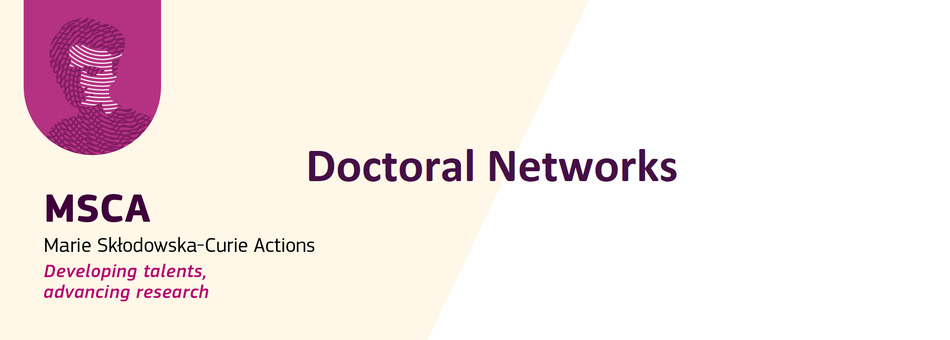Expected Outcome:
Actions are expected to contribute to all of the following outcomes:
- Better knowledge of the past, present and future of the Earth System, relevant for regional or international assessments like those of the IPCC.
- Support to the development of targeted and cost-efficient climate mitigation or adaptation strategies in Europe.
- Advanced data science capacities and skills for climate data analysis, capacity building and training.
- Lasting cooperation between Earth System research, Earth Observation data providers, Data science and high-performance computing (HPC) infrastructures.
Scope:
The EU and its Member States have invested massively in Earth Observation (EO), for example with the Copernicus Programme, the development of climate and Earth System Models (ESMs), and their contribution to the implementation of Global Earth Observation System of Systems (GEOSS), which are yielding unprecedented volumes of data. This topic aims at spurring the exploitation of these assets through advanced data technologies, including artificial intelligence techniques like machine learning or explainability, or new statistical approaches based on the cooperation between “big data” engineers, EO specialists and climate scientists.
Actions should create new insights in key processes of the Earth system and improve climate predictions based on advanced exploitation of EO data and their appropriate integration in existing or new data assimilation or modelling approaches. The activities should also lead to improved evaluation tools to facilitate the analysis of ESMs by developing new process-oriented diagnostics to better understand remaining biases and drifts, or unresolved processes or coupling in models, and improve model parameterisation and tuning. Actions should develop new tools or approaches to increase the efficiency (i.e. speed) in analysing model outputs to facilitate the study of such vast amounts of data. Actions should also distil more tailored, usable and reliable information from models and observations for assessing risks caused by extreme weather and climate events in Europe in the coming decades and contribute to an improved detection of climate change on varying space and time scales.
Actions should build on the results of, and cooperate with, past and ongoing scientific research related to EO and ESMs[1], as well as adaptation strategies at global and regional levels, e.g. the science base supporting the Copernicus Services, ESA data cubes, the relevant action within the GEO multiannual WP, the EuroHPC JU investments in HPC capabilities or Destination Earth.
When dealing with models, actions should promote the highest standards of transparency and openness, going well beyond documentation, as much as possible, and extending to aspects, such as assumptions, code and data that is managed in compliance with the FAIR principles[2]. In particular, beneficiaries of EU funding are required to publish results data in open access repositories and/or as annexes to publications, and provide full openness of any new modules, models or tools developed from scratch or substantially improved. Projects should take into account, during their lifetime, relevant activities and initiatives for ensuring and improving the quality of scientific software and code, such as those resulting from projects funded under the topic HORIZON-INFRA-2023-EOSC-01-02 on the development of community-based approaches.
[1] E.g. projects NextGEMS, ESM2025 and projects funded under the call HORIZON-CL5-2022-D1-02-02
[2] FAIR (Findable, Accessible, Interoperable, Reusable).





